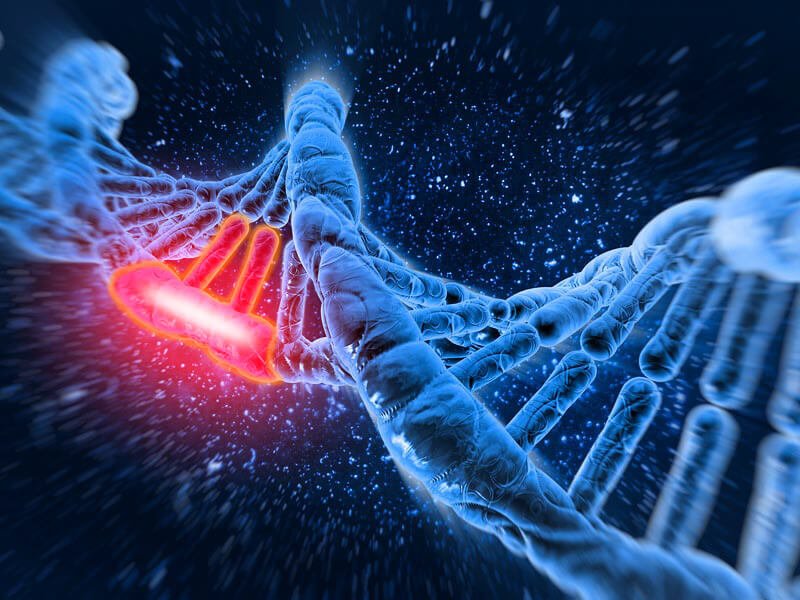In response to antibiotic treatment, bacteria improve their odds of survival by increasing the rate of mutations in their genomes, giving them more chances to become resistant. The tactic isn’t limited to microbes. In a study published in Science [November 7], researchers have shown that colorectal cancer cells likewise increase their mutation rate to avoid death by a targeted therapy.
Although the finding contrasts with the widely held notion that therapy favors the small number of cells with pre-existing mutations that confer resistance, the authors say that the two strategies likely coexist.
…
“An important open question—or set of them—has to do with how this whole thing is upregulated,” [Susan Rosenberg] says. “What makes it happen? What is the stress response or stress responses controlling it?”
[Researcher Mariangela] Russo agrees that better understanding how cells adapt during treatment is the next step and essential for translating the work to the clinic. “Finding the mechanism would allow [us] eventually to find new druggable hits,” she says, opening up “the possibility to stop or delay this adaptive mutability and therefore delay the onset of secondary resistance.”Read full, original post: Cancer Cells Increase DNA Mutations to Evade Treatment































